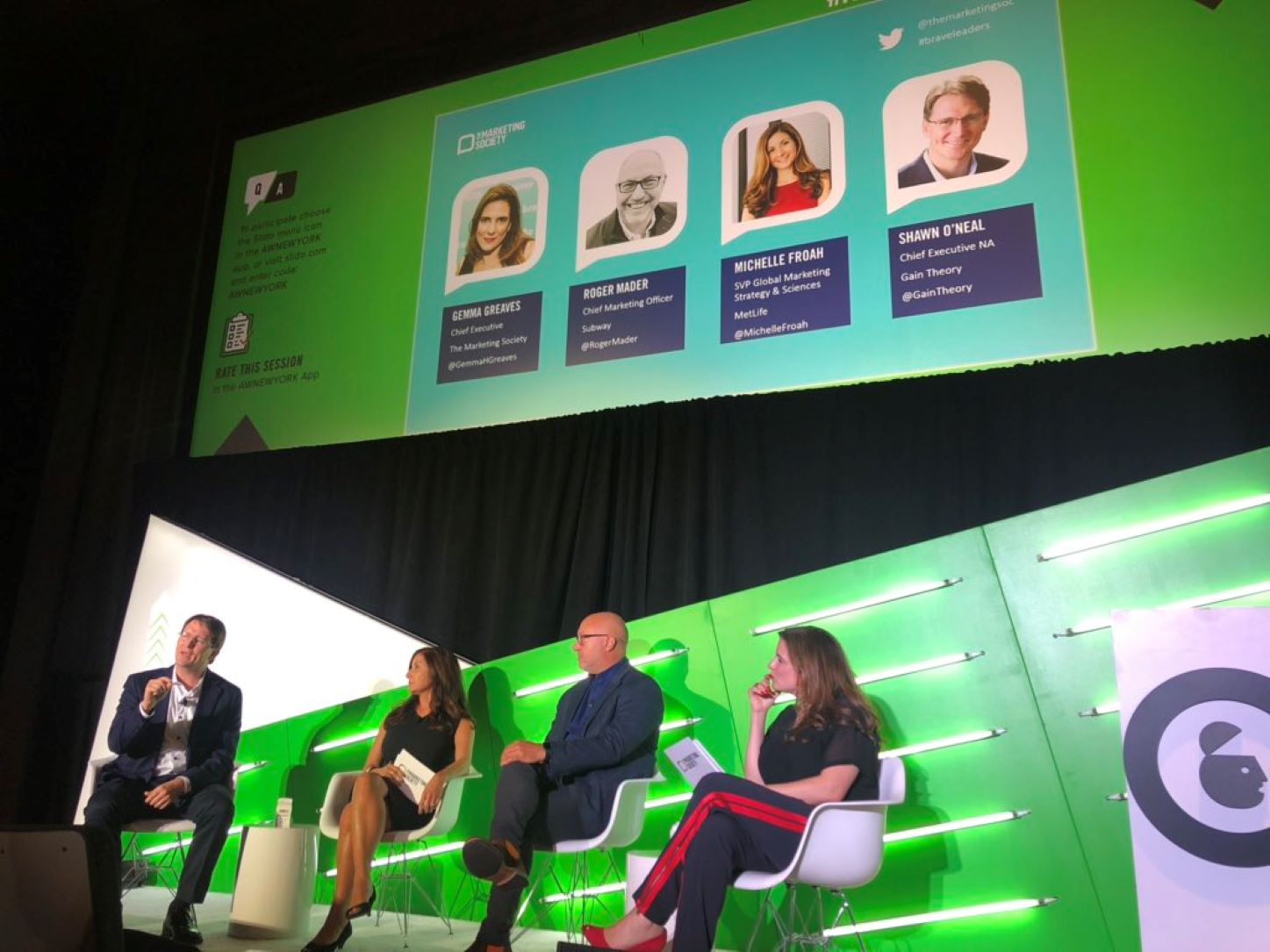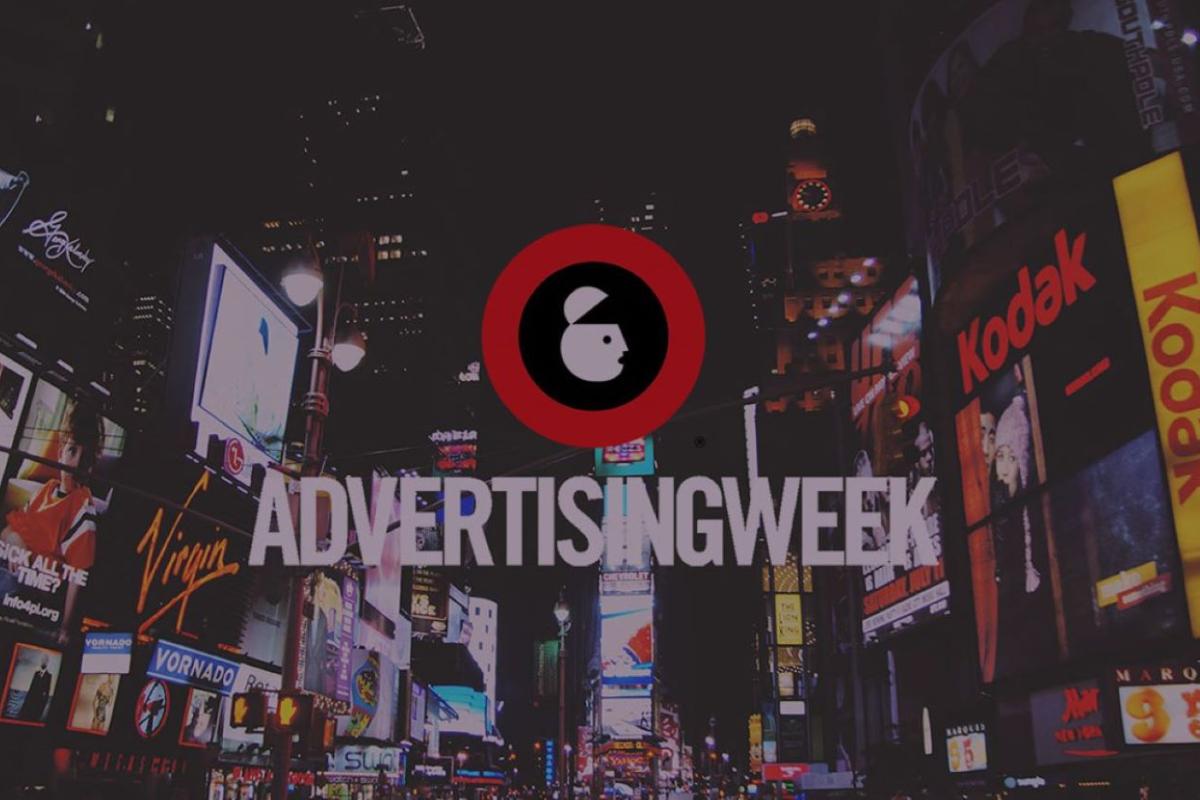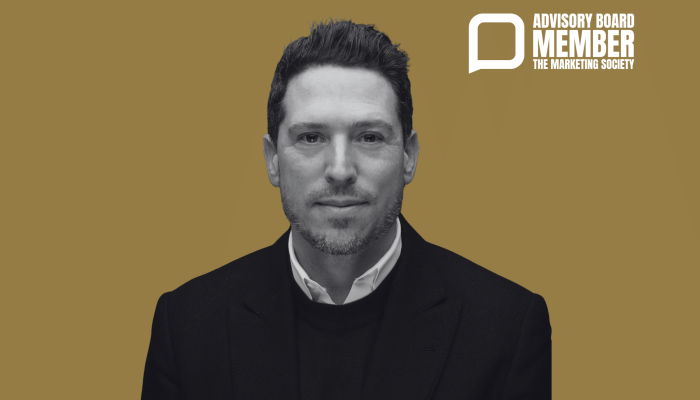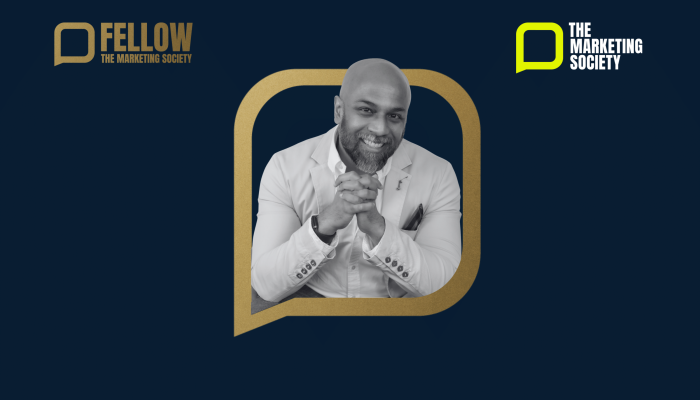Shawn O’Neal knew he should speak up but froze.
He was a junior exec and didn’t want to upset the apple cart. Plus, everyone else in the room was suddenly ‘yes-ing’ the CMO to death.
He had just spent months collating the data, analyzing, researching and focus-grouping the new Pepsi Blue can that would be the face of Pepsi for years to come. The team was armed with a strong recommendation and the facts to back it up.
Then in one swoop, no questions asked, the CMO pointed at a can and simply declared ’I like that one’. The version that hadn’t performed well in any of the research. The one that had tested poorly and didn’t represent the agreed upon goals of the project.
Yet there they all were, nodding their heads in agreement, trying to make the CMO feel smart.
O’Neal bit his tongue. He’s regretted that ever since and spent the last 20 years trying to ensure that CMOs incorporate data, facts and solid insights to help inform better decisions rather than solely going with the bias of ‘gut’ decisions.
If that incident taught him anything - it’s that marketing excellence requires conviction and bravery.
These were much discussed topics during the ‘Is Marketing Excellence Enough?’ session at Advertising Week in New York hosted by Gemma Greaves Chief Executive of The Marketing Society. Conversation guests - Subway CMO Roger Mader, Michelle Froah, SVP of Global Marketing Strategy & Sciences at MetLife and Shawn O’Neal NA CEO Gain Theory - debated the role of data in modern marketing, coupled with the continued need to take bold risks.
Marketers are often wrestling with when to take ‘job risking’ gambles, when to lean on data, or when to play it safe. To Mader, the idea of being brave in pursuit of excellence requires “confronting sacred cows treated as religion in the organization.” One of those ‘sacred cows’ is that marketing is limited to just marketing. Today, it’s crucial for executives to push “beyond the boundaries of marketing” - such as speaking up about whether their company is selling the right products, has the right pricing or the appropriate strategy.
“You need to be brave enough to say this is not just about marketing. This is about our customers’ experience and marketing is just a window onto that.”
Mader said he’s hopeful that in the coming years, as more marketers are able to get comfortable with and unlock the benefits of data and artificial intelligence, the more time and ammunition they’ll possess to take on some of their bolder challenges.
Of course, there’s always the worry that too much reliance on numbers can hold a major brand back from chasing big - sometimes unproven ideas.
“I think that there are organizations that set some stretching ambitions,” said Froah. “Then when it comes down to setting the goal, or the target to meet, no one wants to fall short of that.”
Froah urged brands and their agency partners to make sure they are clear on what success looks like, before simply trying to ‘chase excellence’ without a clear plan. That requires getting everyone signed off on quantitative and qualitative measures.
“I think data is critical to making the right decisions,” she said.
“But you have to use data for good and that means using it to really listen to customers and really understand what issues you can fix. Also, you can galvanize the whole organization to set the right marketing requirements, to reset customer experience, create new solutions. There is still very much an art and a science to it. The biggest watch out is remembering that data represents people, but people aren’t data.”
True. But the panelists also noted that marketing is a long way from being as ‘scientific’ as it can be. O’Neal quoted a recent study which found most Marketers are using data to inform only 40% of their decisions. Which left him to wonder, what happens with the remaining 60% of decisions?
“We’re still a long way from call it, the perfect balance between art and science,” he said “40%! Come on! Are you telling me that 60% is guessing?! I mean what are we doing here?”
“There is still a ton of room for science to be part of this equation,” he added.
The more science backing up your ideas you have, the braver you can be.
Especially if you think your CMO is picking the wrong soda can.

By Claudia Sestini, Global CMO, Gain Theory



